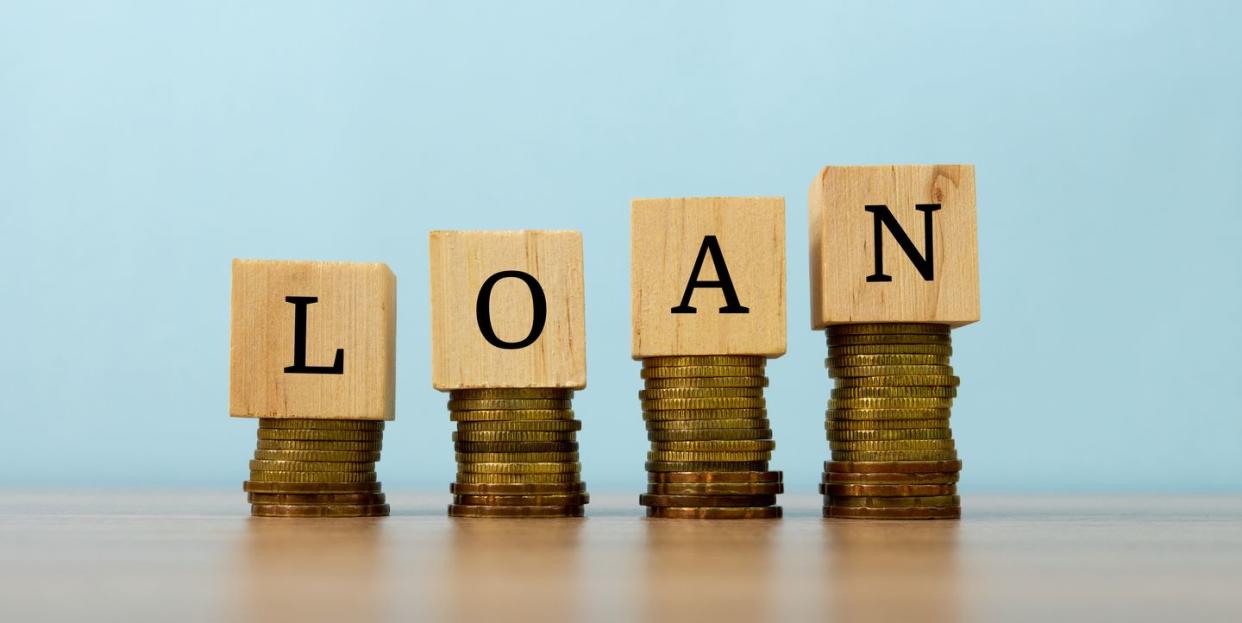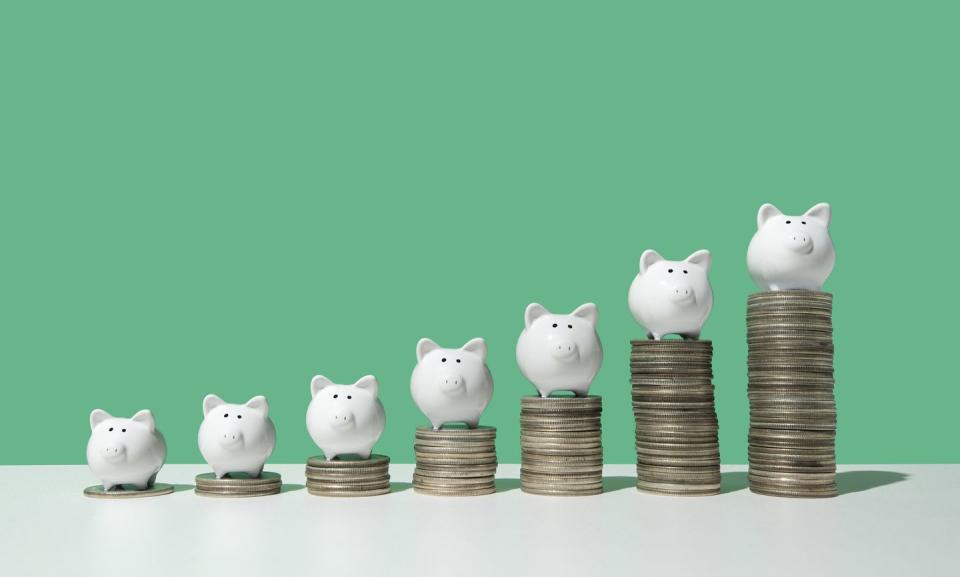How Do You Get A Personal Loan? Financial Experts Explain

Figuring out how to get a personal loan can be overwhelming for a lot of reasons, not least of which is that it’s often considered taboo to talk about money in the first place. Discussing finances can sometimes be considered impolite or embarrassing, but in reality, it’s one of the most effective ways to avoid both financial issues and a whole lot of stress.
If you don’t know what you’re doing when it comes to money, you’re not alone — and doing research and talking to professionals now is the smartest thing you can possibly do. It might be intimidating or hard to navigate at first, but just remember that answering even the most basic of questions is exactly what financial experts are paid to do.
If you’re curious about loans (specifically when it comes to personal loans), the first thing you should know, according to David Reiling of Sunrise Banks, is that you can apply for them at a variety of locations. Your local bank, credit union, or other qualified lenders are all options, as well as digital lenders, Reiling explains.
Reiling also says that it's important to understand the two different types of personal loans: secured and unsecured. Secured loans require the borrower to put forward some form of collateral, which can range anywhere from the title to a car to money in a savings account. Unsecured loans, on the other hand, don't require any collateral but do require the borrower to have a higher credit score.
"Secured loans could provide a lower rate [than unsecured loans], but the downfall is that your collateral might be seized if you’re not able to pay back the loan," Reiling explains.

In either case, it’s important that anyone considering a personal loan is taking on one that they can afford to repay, as financial advisor at Northwestern Mutual Ashley Russo explains.
“The goal is to get the best interest rate possible,” Russo says. "Don’t be afraid to shop around to get the best deal or rate. To help make sure the approval process is smooth for accessing this loan, you want to check your credit score in advance — a low score might make rates unfavorable."
Reiling mentions, though, that even if you have a low credit score, it doesn’t mean a loan is impossible.
“While lower credit scores will impact the rate you pay to borrow, it doesn’t necessarily mean you don’t have options,” Reiling says. “I’d encourage potential borrowers to look into credit-building products or financial literacy programs to help improve their payment history.”
So what exactly are some things that help with getting approved for a personal loan? Russo explains that it all has to do with financial history.
“Stable income, a history of paying debt in a timely matter, and [a] co-signer can be helpful,” Russo says.

Another thing that's important to keep in mind when contemplating a personal loan is that they have the potential to replace any existing high-interest credit card debt you may have with a better, lower-interest debt.
“Personal loans can be a great way to consolidate credit card debt, potentially getting you access to a lower interest rate," Russo says. "With a lower interest rate, you have the ability to pay down more principal than interest, which allows you to pay down debt quicker. It can also free up the monthly burden towards debt, allowing more freedom in the budget month to month so you can continue doing the things you enjoy doing. If that freedom gives you more peace of mind or allows you to work towards other goals, it’s a win!”
And if you're currently looking at the balance in your checking account and are worried that your financial situation and knowledge of money will prevent you from getting a loan, don't worry. Russo says that the financial expert at your bank, credit union, or what have you will be able to cater to your individual situation.
“Finances aren’t just about the dollar and cents — it’s about the emotional relationship towards money as well," Russo says. "Typically, I like to understand my clients’ earliest experience with money — like how they saw their mom or dad handle finances — as that plays a major role with their personal relationship and money habits. We then work towards a payment plan that helps lift the financial and emotional burden towards debt. Financial freedom and a judgement-free relationship can be possible with planning and guidance — if that means you need a personal loan, then everyone should feel empowered to get one.”
You Might Also Like

